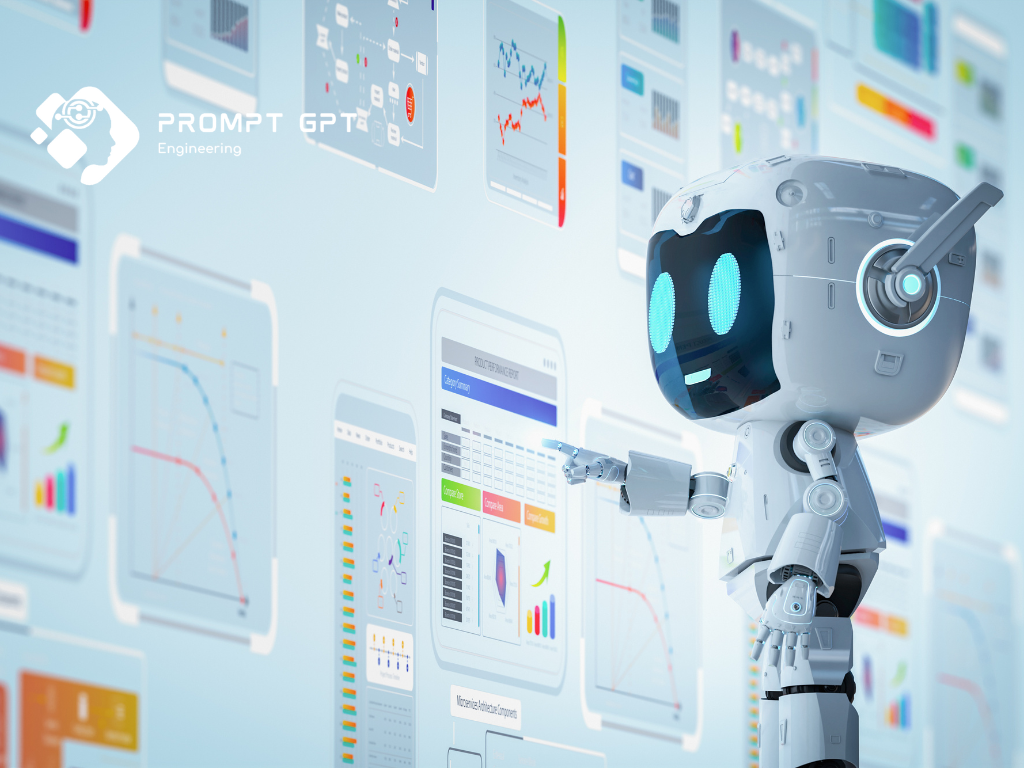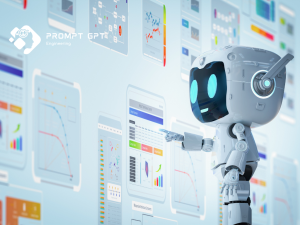ChatGPT has become one of the most recognised AI chatbots today, playing a central role in bringing artificial intelligence (AI) into our everyday lives. It’s more than just a chatbot; it’s a conversational tool that simplifies complex tasks, providing a fast, easy way to find information, generate ideas, and engage in creative projects. From assisting students with homework to helping writers overcome creative blocks, ChatGPT is reshaping the way we access information and connect with technology. Its intuitive nature means that users don’t need to have any technical skills to benefit from its capabilities.
Why ChatGPT Stands Out Among Other AI Models
ChatGPT is unique among AI chatbots because of its conversational abilities and ease of use. Unlike traditional search engines or technical tools, it’s designed to mimic human-like conversation, allowing for more natural, flowing discussions. The flexibility of ChatGPT comes from the ongoing work of artificial intelligence developers and prompt engineering experts who refine its language skills and make sure responses are as accurate and helpful as possible. This makes ChatGPT a user-friendly option for anyone, regardless of their experience with technology.
Recent Advances in ChatGPT and AI Technology

Upgrades in AI Models and Capabilities
Over recent years, ChatGPT has seen significant upgrades that have improved its understanding of language and response speed. These advancements help it better grasp the nuances of human language, such as context and tone, making interactions more seamless. Artificial intelligence developers have been key in implementing these upgrades, ensuring ChatGPT continues to grow smarter and more adaptable with each version. The result? Faster, more accurate responses that make ChatGPT even more useful in both personal and professional settings.
The Role of Prompt Engineering in Enhancing AI Performance
Prompt engineering has become essential to getting the best results from ChatGPT. This technique involves crafting specific prompts or questions that help the AI understand the user’s needs more accurately. When users apply prompt engineering effectively, they can get tailored responses that are closer to what they’re looking for. As prompt engineering techniques evolve, ChatGPT is able to respond to a broader range of requests, offering improved accuracy and context.
Key Features Users Can Expect in the Next Generation of ChatGPT
Improved Contextual Understanding
One of the most anticipated advancements in the next generation of ChatGPT is improved contextual understanding. This feature would allow ChatGPT to retain conversation history, making it easier for users to have ongoing discussions without needing to repeat previous information. By remembering what’s been said earlier in a conversation, ChatGPT can provide responses that are more coherent and context-aware, enhancing the user experience by offering a sense of continuity.
Greater Personalisation and Adaptability
In the future, ChatGPT may offer greater personalisation options, allowing users to tailor responses to fit their unique preferences. Imagine having an AI that “learns” your style and responds accordingly, whether you prefer concise answers or detailed explanations. This customisation could make interactions feel even more seamless, transforming ChatGPT into a highly personalised tool that adapts to your needs over time.
Integrating ChatGPT with Other Tools and Technologies
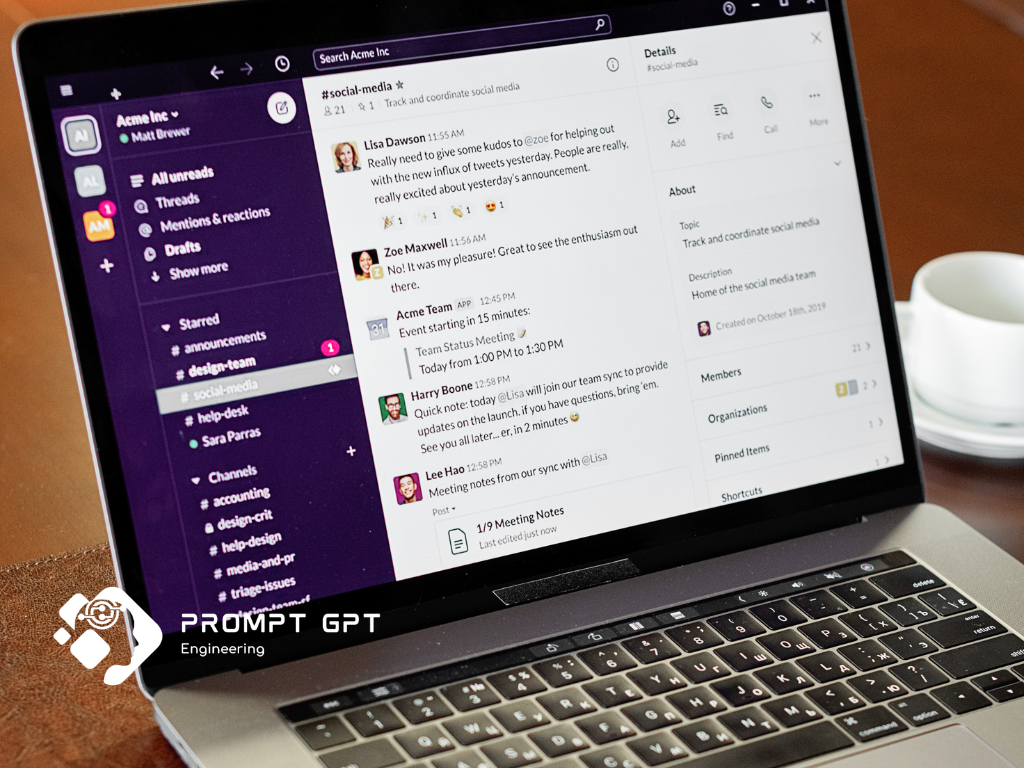
How ChatGPT Could Work Alongside Other AI and Tech Platforms
ChatGPT’s future may involve integration with various other tools and technologies, such as productivity apps, customer relationship management (CRM) systems, and even smart home devices. This integration would allow users to manage daily tasks, access data, and receive assistance from one centralised platform. Whether it’s scheduling reminders, managing customer queries, or controlling smart home functions, integrating ChatGPT with other tech could make it a central hub for all kinds of tasks.
The Role of Artificial Intelligence Developers in Expanding ChatGPT’s Ecosystem
For ChatGPT to become more versatile, artificial intelligence developers will play a critical role in building bridges between ChatGPT and other applications. By working on these integrations, developers can expand ChatGPT’s ecosystem, enabling it to communicate effectively with different software. This cross-functional approach opens up new opportunities for AI-driven productivity and convenience, making ChatGPT not just a conversational tool but an integral part of a tech ecosystem designed to improve users’ daily lives.
Enhancing ChatGPT’s Skills with Advanced Prompt Engineering
What is Prompt Engineering and How Does it Improve ChatGPT?
Prompt engineering is the art of crafting specific prompts to guide ChatGPT’s responses effectively. By using carefully structured prompts, users can “steer” ChatGPT toward more complex and accurate answers, achieving better results. This technique helps unlock ChatGPT’s full potential, making it more useful in answering detailed questions or handling nuanced topics. For example, prompt engineering allows ChatGPT to give a precise step-by-step explanation for complex tasks, something a simple query might miss.
Future Developments in Prompt Engineering Techniques
As prompt engineering advances, we can expect even more intuitive interactions with ChatGPT. Future techniques may involve prompts that feel more natural and conversational, enabling users to frame questions with fewer instructions. This means users could simply ask questions the way they would with a human, and ChatGPT would respond accurately. These improvements are likely to make prompt engineering an invaluable skill for interacting with ChatGPT, allowing more users to tap into AI’s capabilities seamlessly.
The Growing Role of ChatGPT in Customer Support and Education

How ChatGPT is Expected to Transform Customer Support
As ChatGPT’s conversational abilities continue to evolve, its role in customer support could expand significantly. ChatGPT’s advanced understanding of language and ability to provide instant answers make it a valuable asset in customer service, where timely assistance is crucial. Future ChatGPT models could handle more complex customer inquiries, addressing questions about products, solving issues, and providing personalised recommendations. This would reduce the need for human intervention, allowing customer support teams to focus on more involved cases.
Using ChatGPT for Learning and Education
ChatGPT holds enormous potential in the field of education. With its ability to explain concepts clearly, answer questions, and provide guidance, it could become a helpful tool for students of all ages. Imagine a student needing help with a tricky maths problem or a science question—ChatGPT could offer step-by-step explanations, making learning more accessible. The future of ChatGPT in education could mean personalised support, allowing students to learn at their own pace and reinforcing concepts based on individual needs.
The Impact of AI Regulations on ChatGPT’s Future Development
Why AI Regulations are Important for Safe Development
As AI becomes more integrated into our daily lives, it’s essential that it evolves responsibly. Regulations around AI aim to ensure that these technologies develop safely, addressing concerns like privacy, data security, and ethical use. Artificial intelligence developers and prompt engineers must design new features with these regulations in mind, making sure ChatGPT operates transparently and securely. These standards help protect user data and ensure that AI benefits society responsibly.
How Future Regulations Could Shape ChatGPT
Future regulations might bring even greater transparency to AI models like ChatGPT, requiring more clarity around how the AI operates and how it handles data. We might also see stricter rules around data privacy, ensuring users’ information is safeguarded. While regulations might present challenges, they are essential for balancing innovation with safety, making ChatGPT a reliable tool that people can trust. Regulations will guide developers in creating a tool that is safe, useful, and aligned with ethical principles.
How Artificial Intelligence Developers are Shaping the Future of ChatGPT
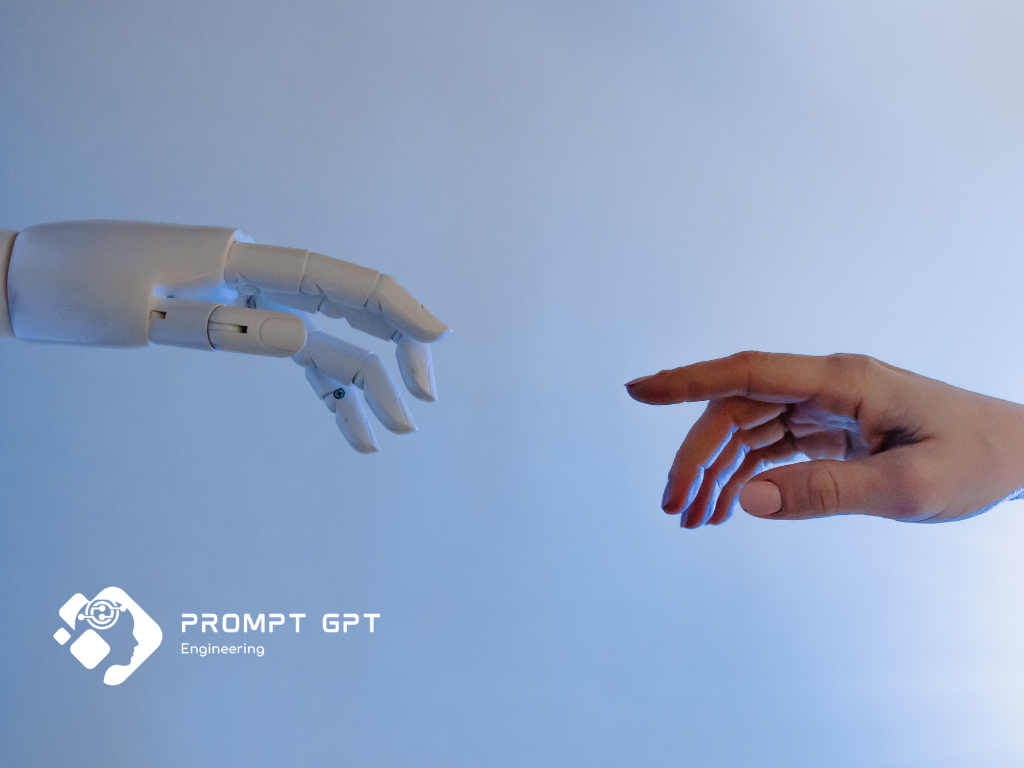
The Role of Developers in ChatGPT’s Evolution
The continued development of ChatGPT relies heavily on the expertise and dedication of artificial intelligence developers. These professionals are responsible for refining algorithms, improving language processing, and enhancing the overall accuracy of ChatGPT’s responses. By constantly innovating, developers keep ChatGPT relevant and effective, adapting it to meet the growing needs of users. Their work helps make ChatGPT a tool that can handle more complex tasks and provide more natural, human-like interactions.
What Users Can Expect from Future ChatGPT Developments
Thanks to the efforts of developers and prompt engineers, users can look forward to an even more engaging and responsive ChatGPT in the future. From a more conversational tone to smoother interaction flows, ongoing developments will make ChatGPT feel increasingly natural to use. The dedication of AI developers ensures that ChatGPT will continue to improve, making it an even more versatile tool that meets a variety of user needs across different fields.
